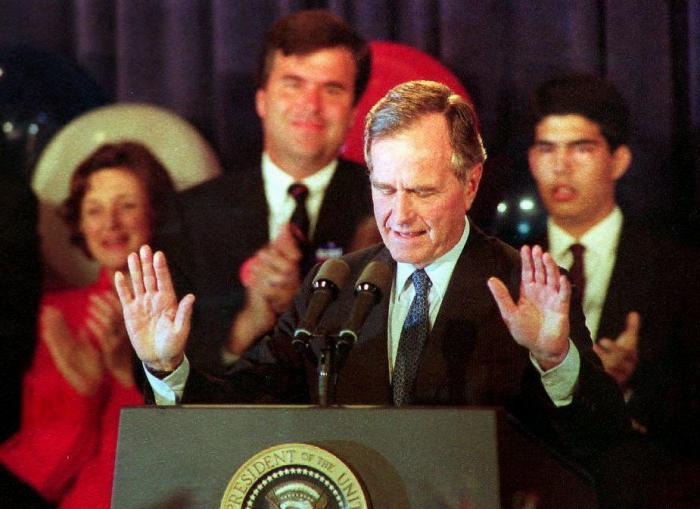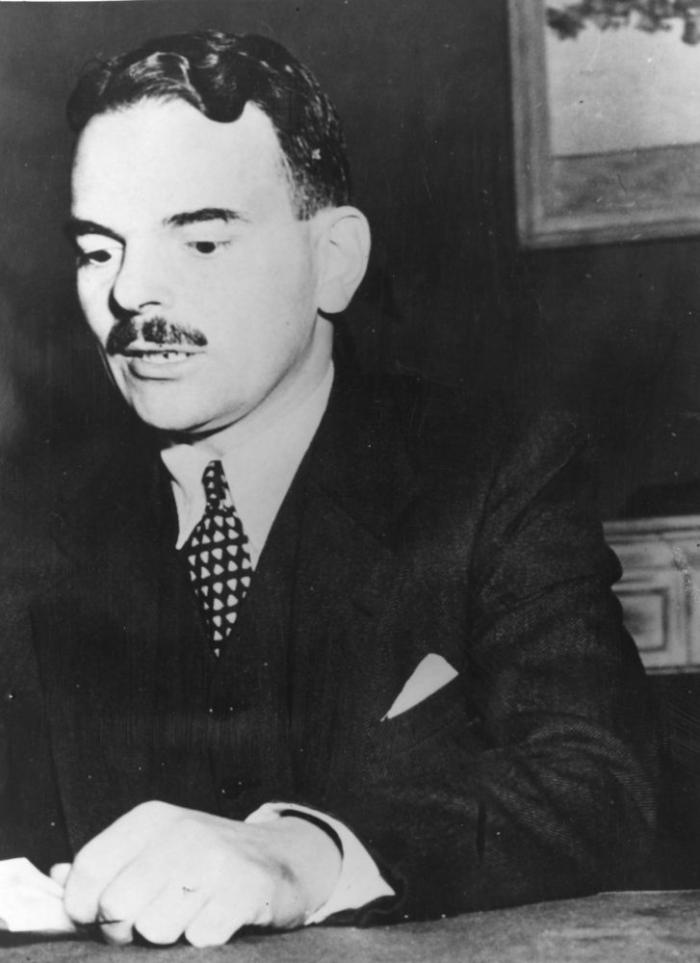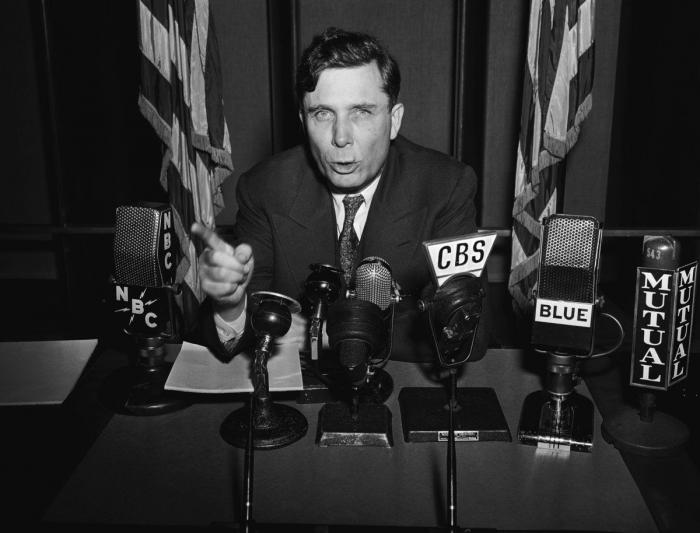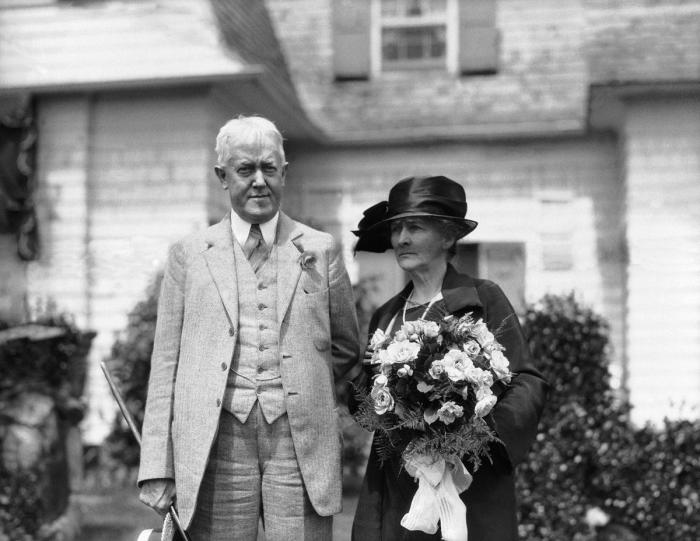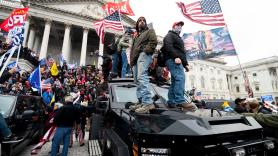Elecciones EEUU 2012: ¿Qué pasa si Romney pierde? ¿Y si el derrotado es Obama?
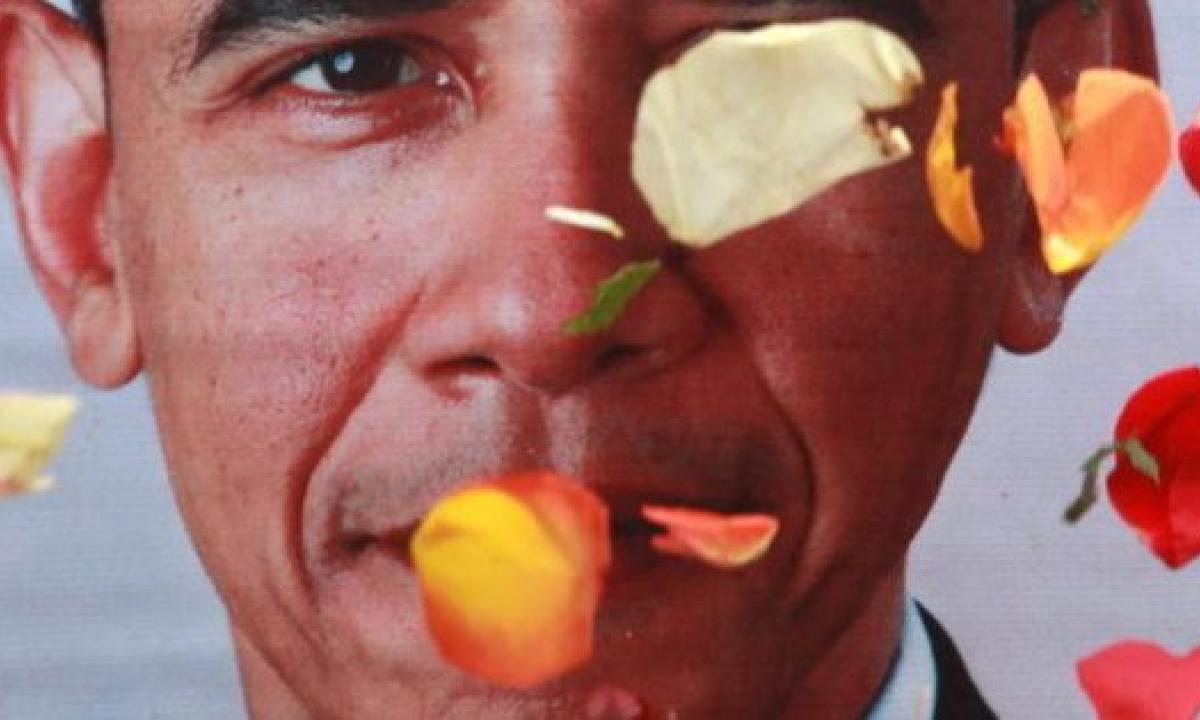
La historia la escriben los vencedores, por lo que la inmensa mayoría de análisis y quinielas se centran en los efectos para EEUU y el mundo de la victoria de Barack Obama o Mitt Romney.
Sin embargo, la derrota de cualquiera de los dos candidatos tendrá también efectos para el país y el partido en cuestión. La derrota tiene muchos padres. Te resumimos los tres más importantes que podrían salirle a cada candidato:
SI ROMNEY PIERDE
Es la segunda vez que Romney intenta ser presidente de EEUU. En la primera ocasión, perdió contra John McCain, en las primarias del partido celebradas en 2008. Entonces nadie apostó con fuerza por el ex gobernador de Massachusetts para 2012, pero acabó convirtiéndose en candidato. Si Romney pierde, asumirá gran parte de la responsabilidad de la derrota y se argumentará la estrategia de su campaña y sus dotes como candidato, que hicieron aguas en momentos clave. El desprecio por el 47% de los ciudadanos o sus dudas sobre la capacidad del Reino Unido para organizar los juegos olímpicos (expresadas en Londres y en la víspera) ayudan a alimentar esa digestión de la derrota.
Aunque consiga retener el Congreso, como parece, el partido republicano está abocado a una reflexión profunda sobre cómo fue posible que, en plena crisis económica y contra un Obama cuya fuerza no es ni la sombra de la de 2008, fueron incapaces de lograr la presidencia. Aunque Romney cedió finalmente ante el Tea Party y nominó a Paul Ryan como candidato a vicepresidente, el partido republicano nunca ha visto al presidenciable como uno de los suyos. La derrota en las urnas podría ser la justificación del Tea Party para alcanzar todavía mayor protagonismo en la dirección del partido, desplazando incluso a la derecha el centro del debate político en el país.
"Si no fuese por la tormenta, Romney habría tenido más oportunidades para hablar del déficit, de la deuda, de la economía", aseguró Karl Rove, uno de los mayores estrategas republicanos. "Cuando la atención va de una cosa a otra, y después a otra y a otra, no es en favor de Romney", añadió. En ese tono se pronunciaron otros líderes republicanos, que consideran que la "supertormenta Sandy", como se le conoce en EEUU, puede haberles privado de un triunfo hacia el que se encaminaban en especial tras vencer en el primero de los debates televisados.
SI OBAMA PIERDE
Obama tiene una mayor aceptación que Romney en su partido. Mientras que el republicano ha tenido muchos críticos, incluso cuando tocaba hacer piña, el presidente es visto como un símbolo. Su principal valedor y eje de campaña, por su popularidad, es el marido de su antigua contrincante: Bill Clinton. A pesar de la campaña agresiva, que poco tiene que ver con la de 2008, los demócratas se sienten identificados mayoritariamente con un presidente que por primera vez es afroamericano. Pero también con su lucha contra la crisis y su defensa de los derechos civiles. Su derrota, que los demócratas temen pero no acaban de vislumbrar, sería el fin de un sueño, la ruptura en mil pedazos de un símbolo.
Es uno de los grandes logros del presidente, por el que pagó un precio altísimo. Fue también el saco de boxeo republicano, por lo que Romney haría todo lo posible por acabar con ella si es elegido presidente. De alguna manera, la ley sanitaria impulsada por Obama acercó un poco a su país a Europa e hizo realidad uno de los sueños históricos de los republicanos. En palabras de Alan Solomont, el embajador de EEUU en España, "aquí se debate si tendría que tener un copago para la atención sanitaria y nosotros estamos debatiendo si debería haber un seguro médico que cubra a todo el mundo".
Aunque la secretaria de Estado demócrata se integró en el Gobierno de Obama y lo apoyó hasta el final (por lo que no puede desvincularse), Hillary Clinton ha dejado caer que su intención de jubilarse en este mandato podría no ser irreversible. De la misma manera que en 2008 era muy prematuro apostar por Romney, también ahora lo es hacerlo por Clinton para 2016, habida cuenta de los otros barones demócratas (y cualquier otro candidato, tomando el ejemplo del propio Obama) podrían erigirse en duros rivales. Pero Clinton no está muerta políticamente, y podría volver.
TODO SOBRE LAS ELECCIONES
Galería de fotos sobre los perdedores de las elecciones (de nuestra edición en EEUU)
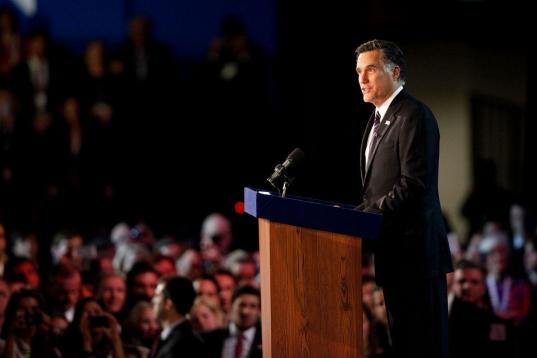
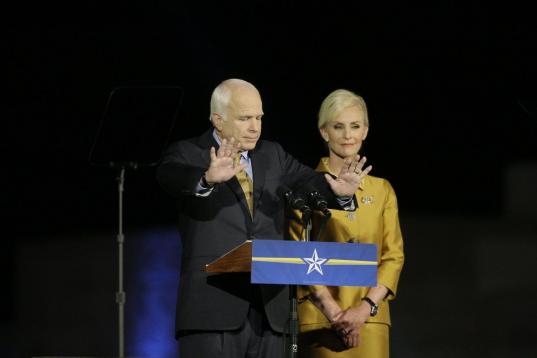
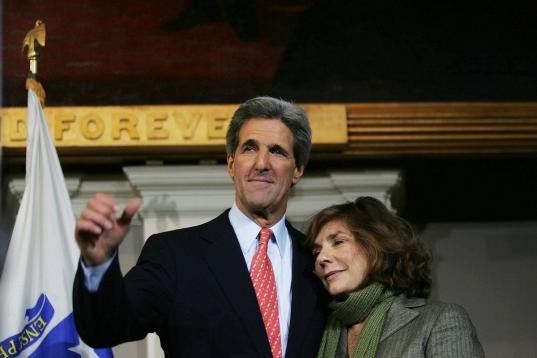
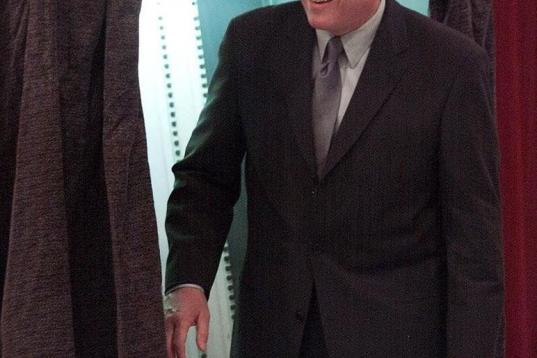
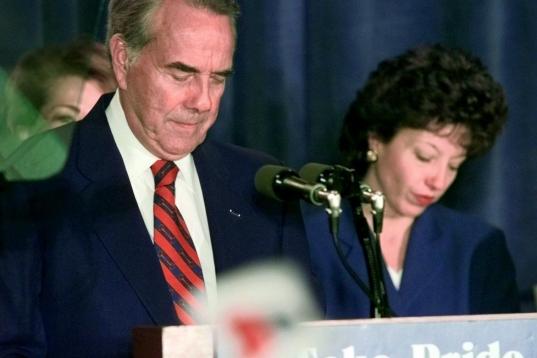

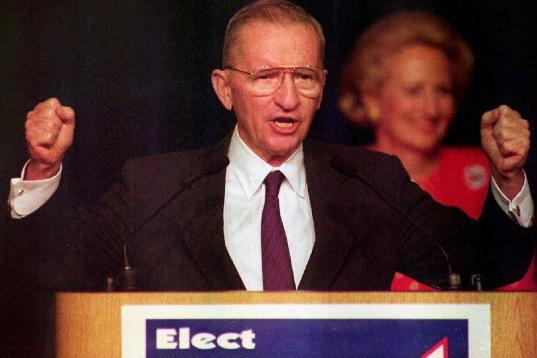
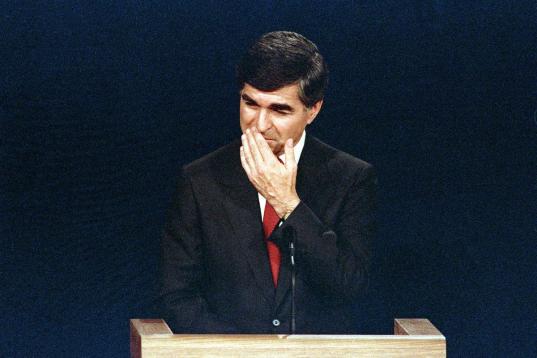
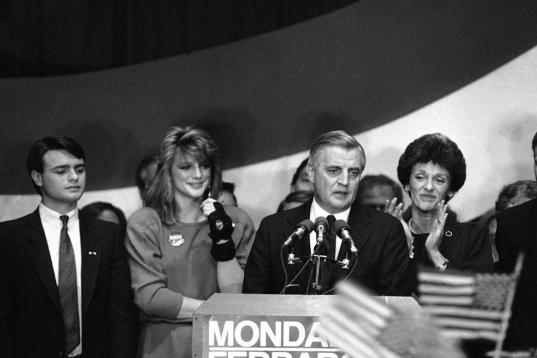
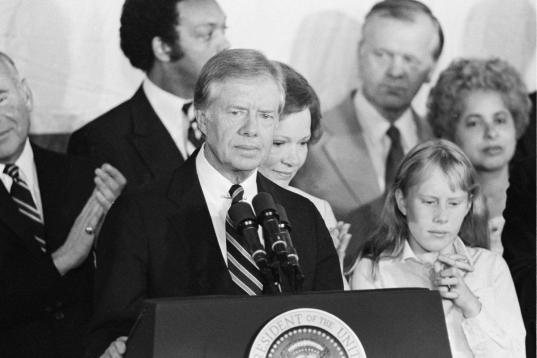
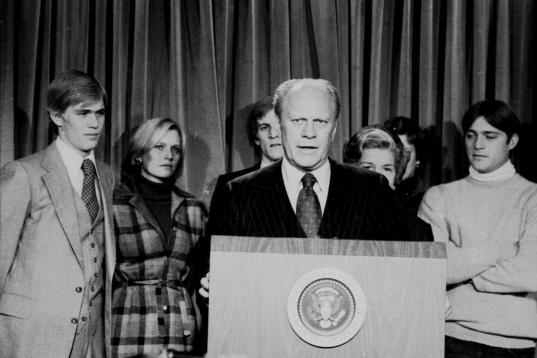
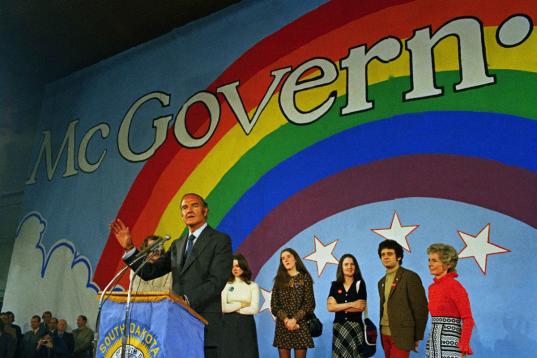
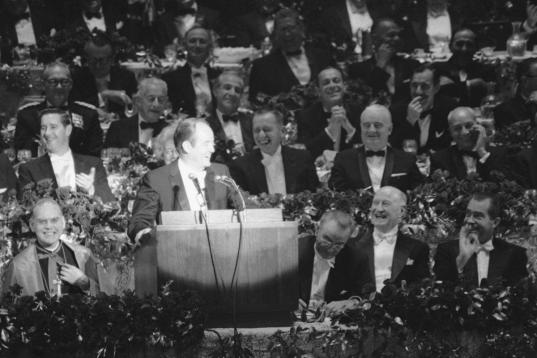
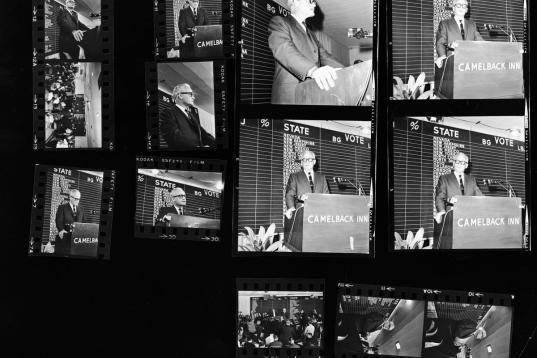
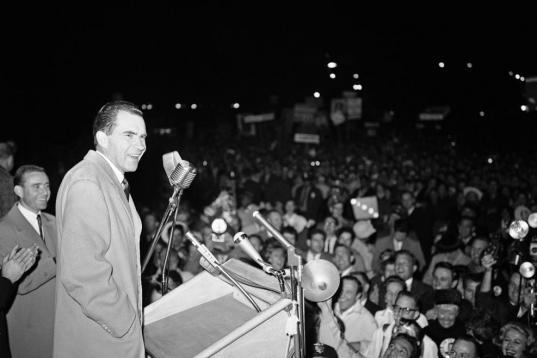
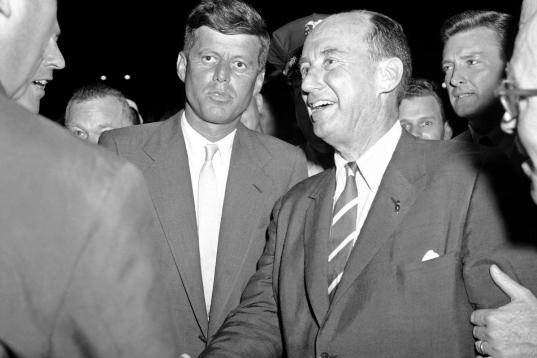
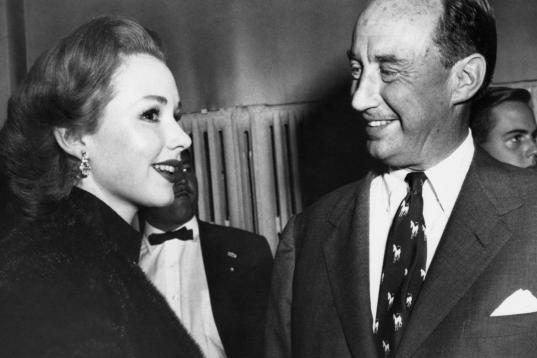

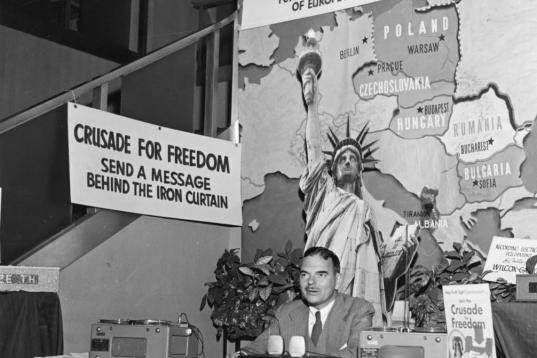

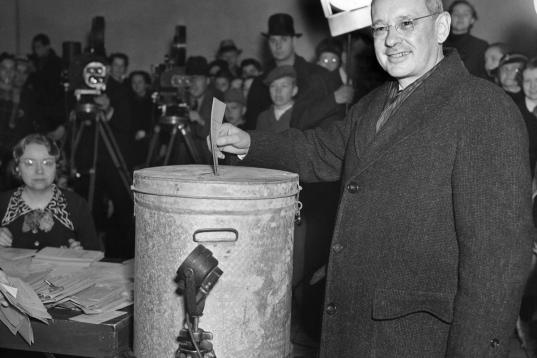
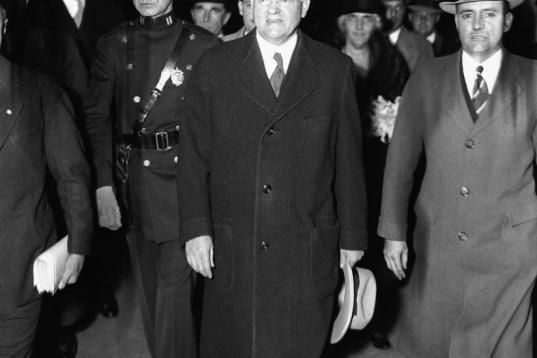
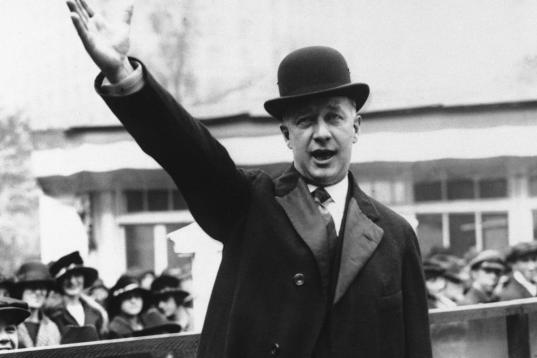

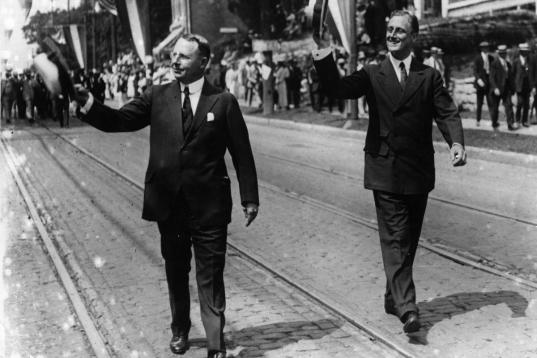
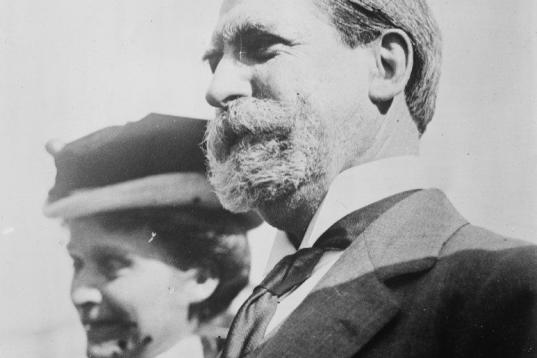
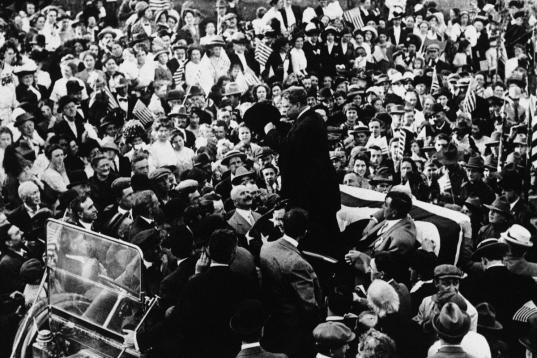
El histórico de encuestas:





